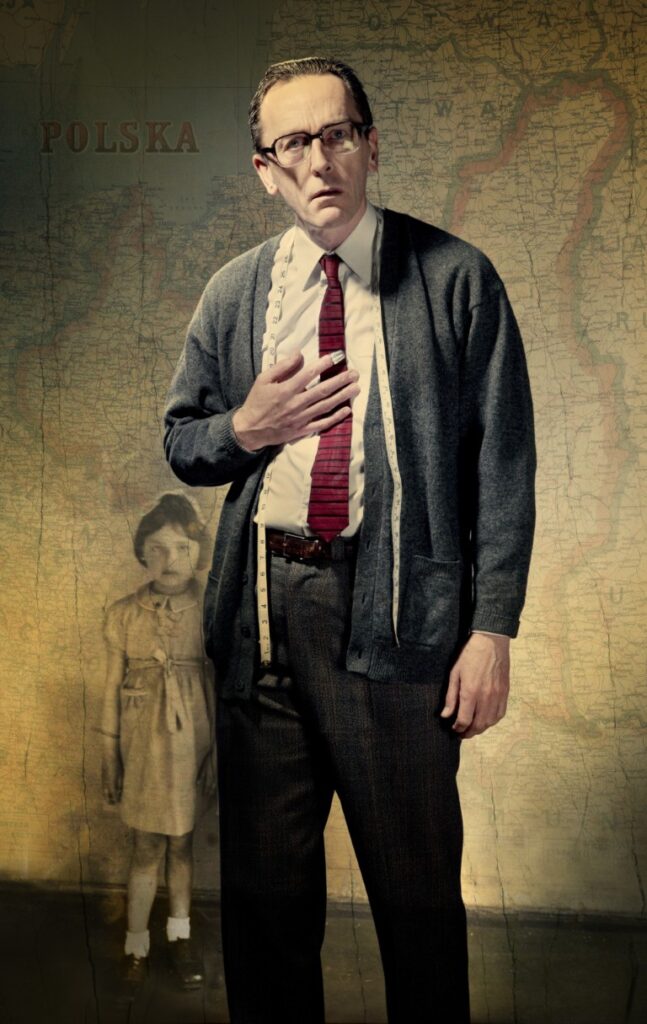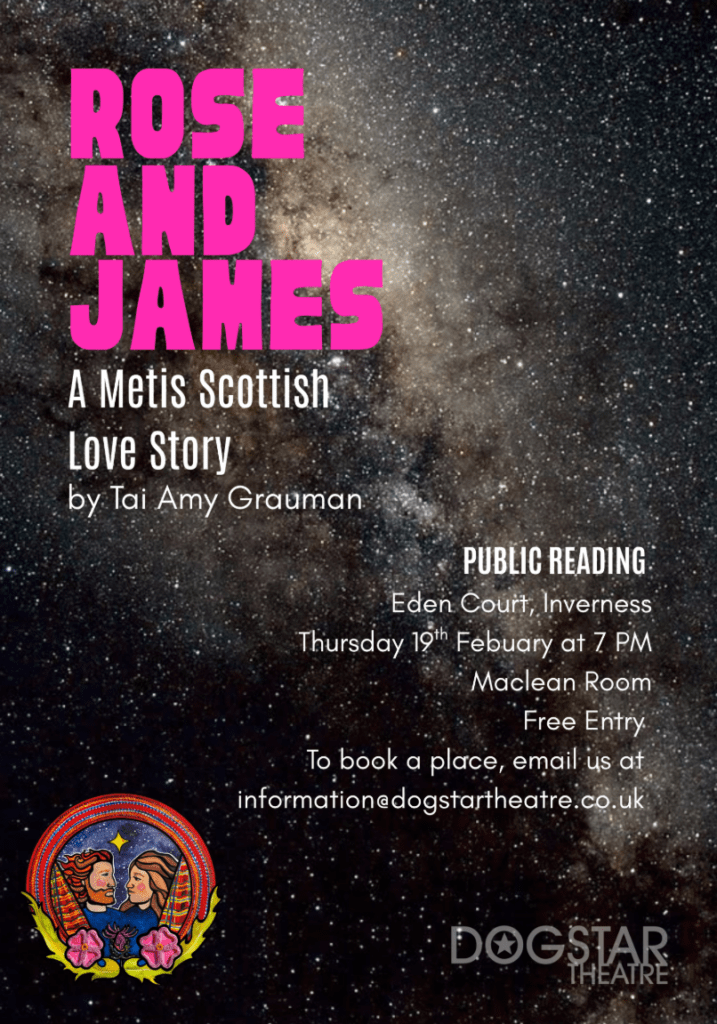The Tailor of Inverness
New tour autumn 2026 – dates to be announced soon!
“An ardent, deeply personal play…compelling, impassioned…a fine actor” New York Times
“… a beautifully realised tale of the reality of survival in war-torn Eastern Europe … Matthew Zajac’s moving performance is a triumph of evocative staging and storytelling.” The Observer

About us
Dogstar is a European touring theatre company based in the Scottish Highlands around Inverness, one of Europe’s fastest-growing small cities. We commission, produce, and tour new plays by writers from the north of Scotland and elsewhere.
From its early Highland tours, the company has extended its reach, now touring across the UK and internationally to a wide variety of venues. These include work presented at Copenhagen Stage Festival Denmark, Leeuwarden 2018 European Capital of Culture Netherlands, Umea 2014 European Capital of Culture Sweden, Konfrontacje Teatralne Lublin Poland, Ivan Franko National Theatre Kyiv Ukraine, Les Kurbas Theatre Lviv Ukraine, Malmo Stadsteater Sweden, Brits Off Broadway New York USA, Adelaide Fringe Festival Australia, Societaetstheater Dresden Germany, English Theatre Berlin Germany, Pavilion Theatre Dun Laoighaire Ireland, Clwyd Teatr Cymru Wales, Birmingham Rep England, and Mungo Park AC Denmark. Dogstar continues to tour village halls in the Scottish Highlands and Islands as well as to city centre theatres.
Much of our work springs directly from the Highlands’ defining characteristics: a stunningly beautiful and harsh natural landscape, a tumultuous and marginalised history, a shifting and changing population, and a vibrant oral and musical tradition. Our productions speak to our audiences using some of Scotland’s best actors, musicians, writers, directors and designers, collaborating with international artists and partners.
For us, theatre is a place for debate and celebration, for ideas and entertainment, for a few laughs, a few tears, a challenge to the mind and a memorable night out. At its heart, it’s about communication between the actor and the audience. It can’t exist without you.
Anna Halas

Anna was then commissioned by Dogstar to write a new play, The Bead Necklace, about the experience of Ukrainian refugees in Scotland. We worked on the play with a group of actors in October last year, but Anna was too ill to be with us. She died in December.

